
- Shandong Loyal Industrial Co.,Ltd.
- SHORT-CUT PASTA PRODUCTION LINE LONG-CUT PASTA PRODUCTION LINE INSTANT PASTA PRODUCTION LINE
Home> Application> Streamlining Operations: The Future of Pasta Manufacturing with Fully Automated Production Lines

Streamlining Operations: The Future of Pasta Manufacturing with Fully Automated Production Lines
Streamlining Operations: The Future of Pasta Manufacturing with Fully Automated Production Lines
Introduction
Shandong Loyal Industrial Co., Ltd. has incorporated advanced technologies from Unifood Machinery and Tecalit in the production of its macaroni. Pasta manufacturing has evolved significantly from traditional, labor-intensive processes to a more sophisticated landscape. With the introduction of fully automated production lines, the industry is experiencing a paradigm shift towards efficiency, precision, and sustainability.
In the quest for efficiency and competitiveness, the role of automation cannot be overstated. Macaroni Pasta Production Line stand at the forefront, reshaping the future of pasta manufacturing. This section explores how embracing automation is becoming a strategic imperative.

Setting the stage for discussion, this section focuses on the anticipation of the future where fully automated production lines play a pivotal role in streamlining pasta manufacturing operations. The overview encompasses the manifold benefits, including enhanced efficiency, precision, and sustainability.
Technological Advances in Fully Automated Production Lines
The efficiency of fully automated production lines hinges on intricate technological components. The automated mixing systems, pasta extruders, and precision cutting mechanisms collectively contribute to the streamlined operations of these advanced systems.
Smart automation is a key driver in optimizing pasta production. Smart sensors monitor and adjust variables in real-time, ensuring precise control over factors like temperature and ingredient proportions. This section delves into how smart automation enhances precision and efficiency in the manufacturing process.
Beyond efficiency, the future of pasta manufacturing embraces sustainability. Fully automated production lines integrate eco-friendly features to reduce environmental impact. This part of the outline explores how sustainability is woven into the fabric of these advanced production systems.
Operational Efficiency: Benefits of Fully Automated Production Lines
The adoption of fully automated production lines results in a significant boost in production capacity. Businesses can scale up their output to meet the demands of a growing market. Real-world examples of companies benefiting from increased efficiency highlight the tangible advantages.
Exploring energy-efficient practices within fully automated production lines, this section emphasizes the environmental and cost-saving advantages. Industry leaders recognize the importance of minimizing energy consumption, aligning with sustainability goals while maintaining economic viability.
Automation ensures a level of quality assurance and consistency that is unparalleled. Fully automated production lines guarantee that each batch meets the highest standards, fostering consumer trust and satisfaction. This section underscores the critical role of maintaining consistent quality in pasta production.

Navigating Implementation Challenges
Guiding businesses through the adoption of fully automated production lines, this section provides insights into critical factors for consideration. It addresses aspects such as existing infrastructure, workforce readiness, and potential challenges, ensuring a comprehensive strategy for successful implementation.
Illustrating the transformative impact, this section showcases real-life case studies of businesses that have successfully implemented fully automated production lines. These success stories highlight positive outcomes in terms of operational efficiency and overall success, serving as inspirations for others.
Future Trends in Pasta Manufacturing
Discussing the future trajectory of pasta manufacturing, this section explores emerging technologies that are shaping the industry. From advanced robotics to enhanced AI algorithms, the horizon promises innovations that will further elevate efficiency, responsiveness, and adaptability in fully automated production lines.
As sustainability gains prominence, the future of pasta manufacturing will witness a surge in eco-friendly practices. This part of the outline delves into the role of sustainability in the industry's future, exploring how businesses can align with eco-friendly practices in the production of pasta.

Conclusion
Summarizing the key points, this section recaps the transformative journey discussed throughout the article. The focus remains on the efficiency, precision, and sustainability benefits that fully automated production lines bring to the forefront. Businesses are reminded of the strategic advantages in embracing automation.
Concluding with a forward-looking perspective, this section provides a glimpse into the transformative path ahead for the pasta manufacturing industry. Encouraging businesses to stay innovative and adaptive, the article emphasizes the continued importance of embracing fully automated production lines for sustained success
Contact Us

- Shandong Loyal Industrial Co.,Ltd.
- Telephone+86 13176674591
- Email[email protected]
- WhatsApp+86 13176674591
- WeChat13176674591
- AddressC623, Jiahui Global Plaza, No. 548, Beiyuan Street, Tianqiao District, Jinan City, Shandong Province
- Factory AddressADD -300m North of Zhangxia Industrial Park, Binhe Road, Zhangxia Town, Changqing District, Jinan
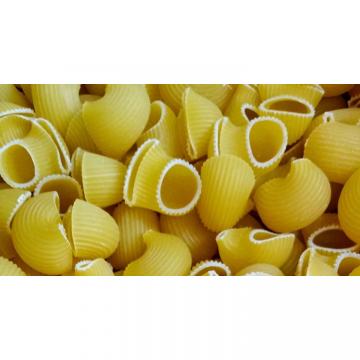

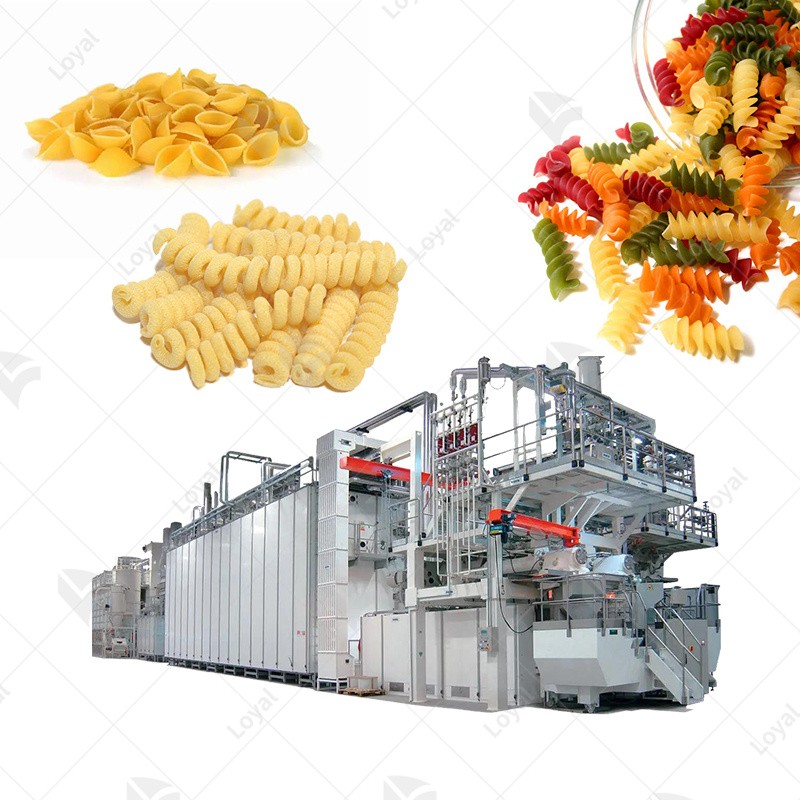

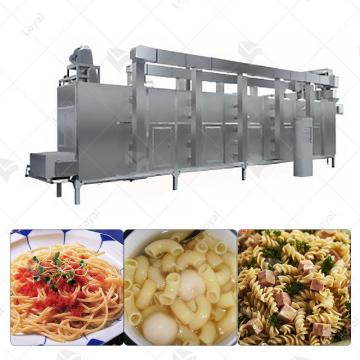
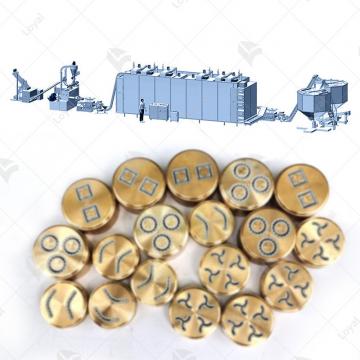 Macaroni Pasta Production Line
Macaroni Pasta Production Line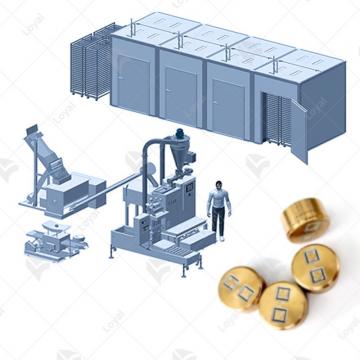 Combined Pasta Machine
Combined Pasta Machine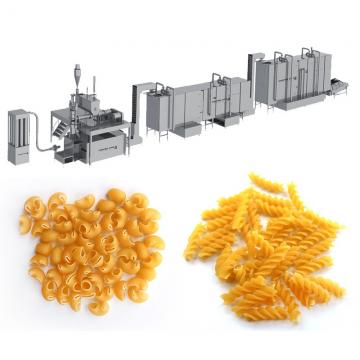 Vacuum Extruder Pasta Machine
Vacuum Extruder Pasta Machine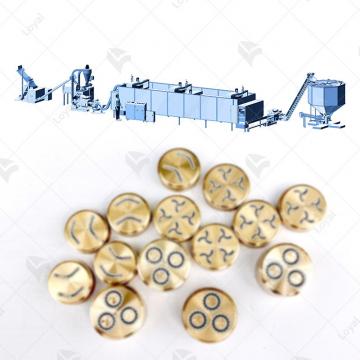 Pasta Processing Equipment
Pasta Processing Equipment